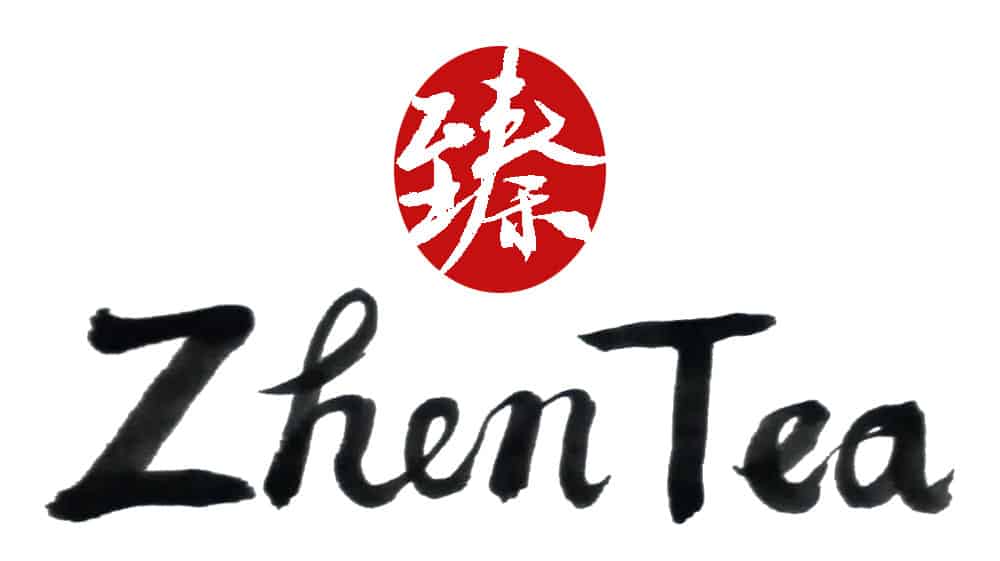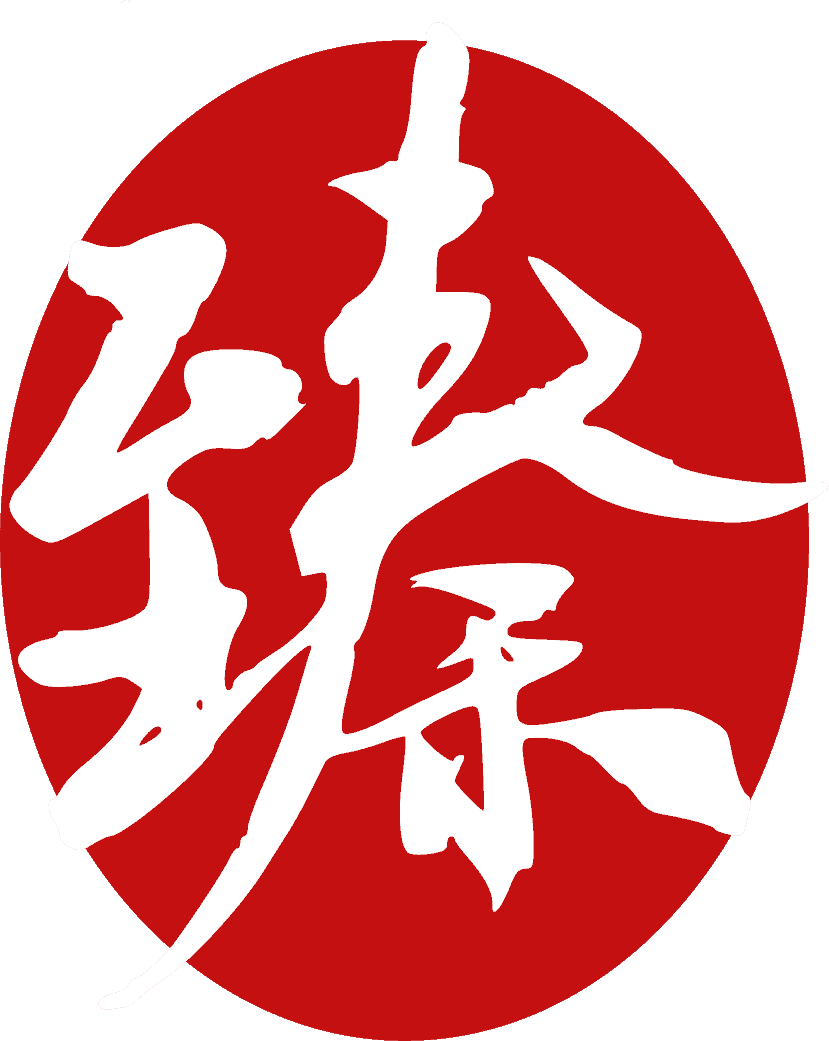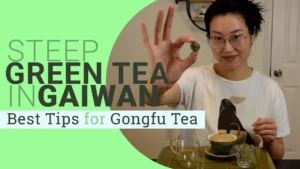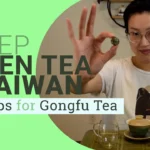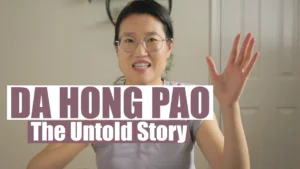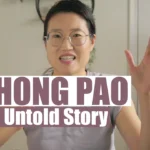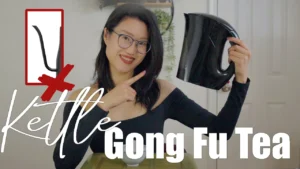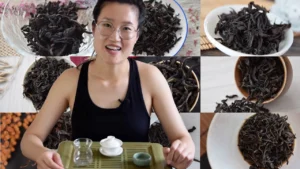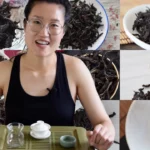Many tea vendors go to China to source their own tea, others get their tea from the importers. No matter how you get your tea, as long as it’s “premium” loose-leaf Chinese tea, you need to know these 5 tips.
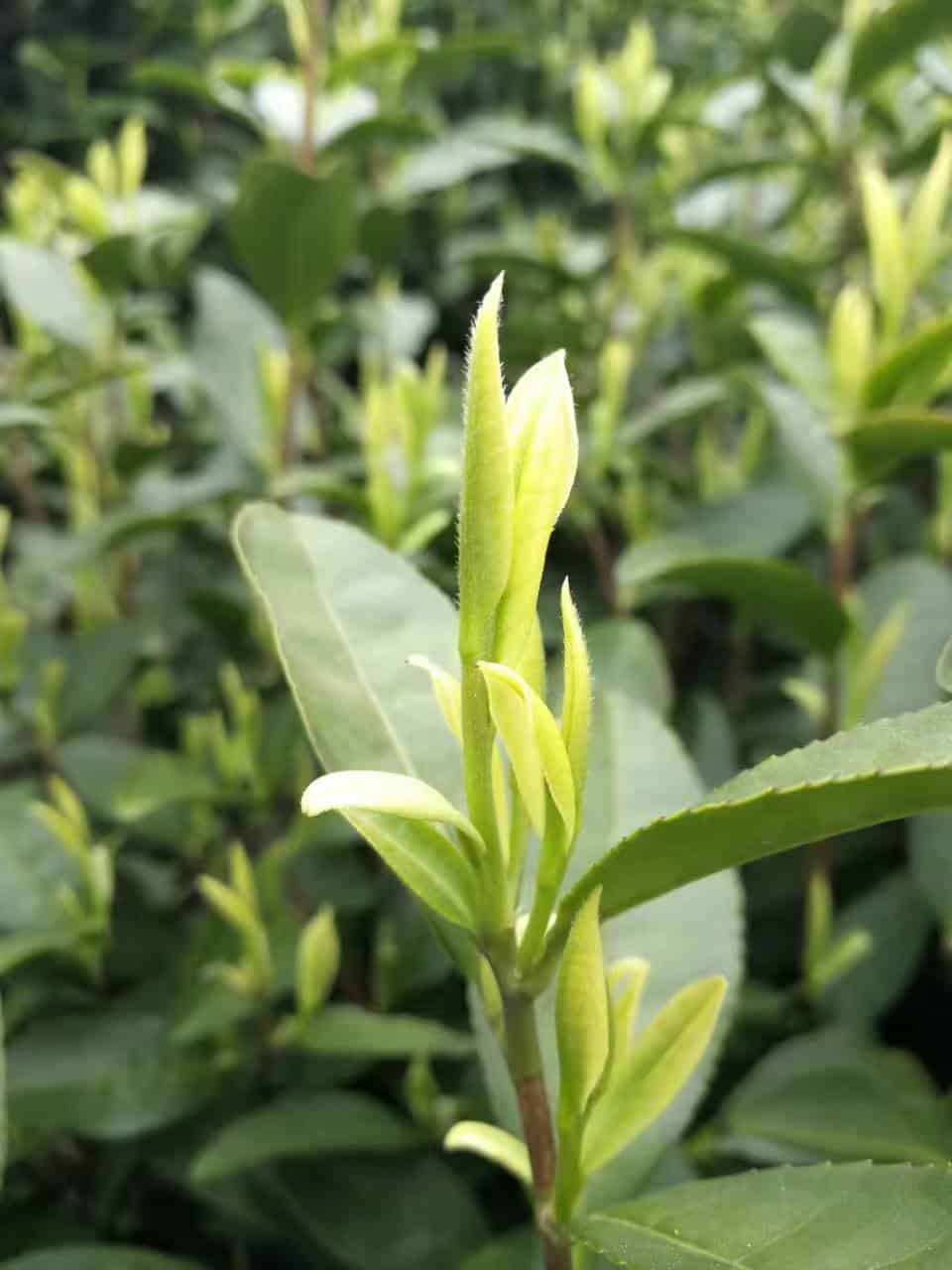
No.5 Get the right mindset
Are you imagining poor tea farmers in China in need of a fair trade system to help them get their share of the hard work they do? Do you feel touched and saddened by those photographs revealing the vicissitudes of the tea farmer’s life reflected by their leathery skin and their different style of dressing? Well, Chinese tea is not coffee. It has a chaotic yet very mature system of trade and employment. Many producers are making millions a year and I’m not only talking about big tea factories. Yes, independent small scale tea farmers and producers. I understand the loving boho approach to foreign trade, but it shouldn’t be generalised and simply doesn’t apply to Chinese tea farmers. Perhaps 15 or 20 years ago, but definitely not anymore. Just because five or ten dollars can buy you some tea doesn’t imply that someone suffered to make it so cheaply, it’s just incredibly low-quality tea and the system has managed to find a buyer for it. On the flip side, don’t be surprised to find teas worth thousands of dollars, especially good or famous teas. It’s normal.
No.4 Be a doer. And by doer, I mean taster
I always encourage people to get the information about the tea from the tea. Along with being extensively knowledgeable about tea, a big part of retrieving information about tea comes from tasting it. And nothing can compare with the tasting “training” you can get while on a tea farm because you can taste every step of the tea making process! Taste the tea leaves when they are fresh in the field, taste the difference between each cultivar, taste the leaves after kill green, taste the leaves after shaking. It’s a waste if you go to tea farms only to sample finished tea and mao cha. Tasting every step of the process will not only enhance your experience during the trip, it will also give your appraisal skills a turbo boost.
No. 3 Understand Chinese tea tasting standards.
You don’t have to agree with the Chinese tasting standards, but you had better understand them. Sourcing tea from China means you are paying based on Chinese tastes. A lot of the time, western tasting preferences don’t align with Chinese standards and they actually indicate inferior qualities in the Chinese system, which is great because you will have a chance to buy the tea you or your customers like at a lower price. But you need to be able to articulate the problems with tea in Chinese tasting terms.
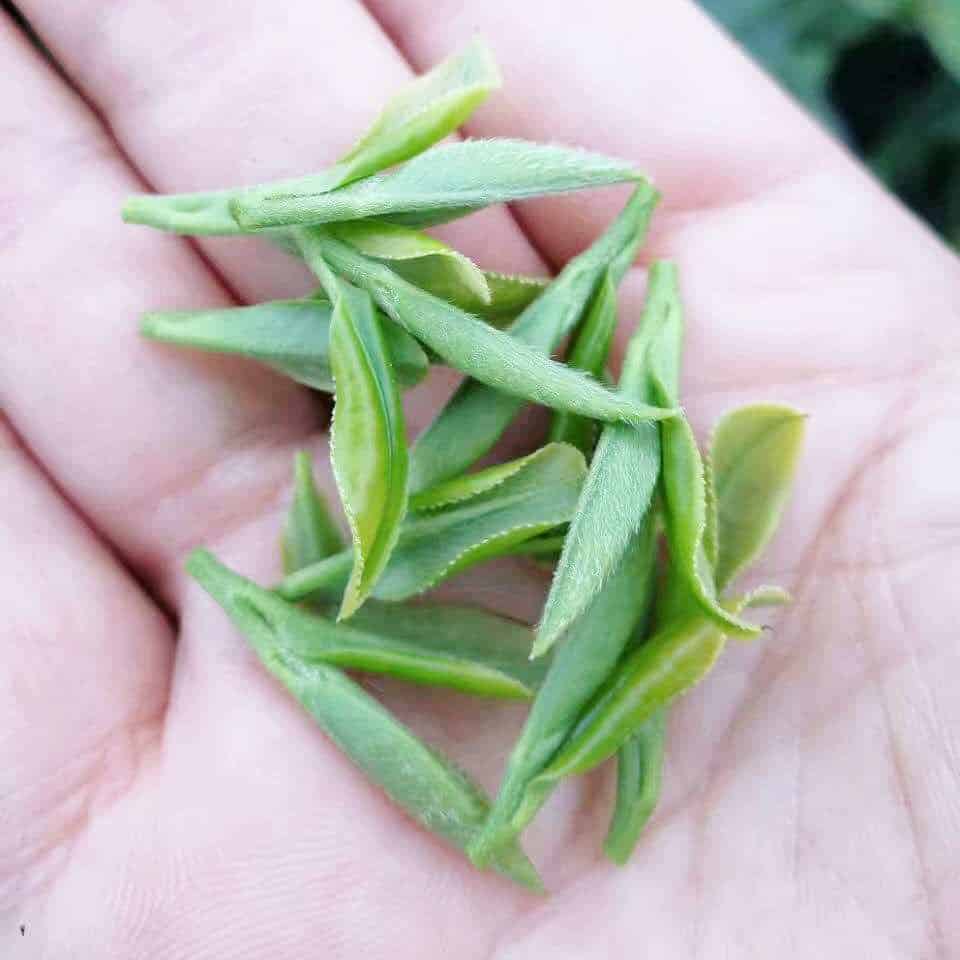
No. 2 Buy the tea based on the value and taste, not for the fancy terminology.
Don’t be seduced by words like handmade, ancient tree, old bush, 20, 30 years old. There’s no need to pay extra for those teas because 10 out of 10 are fake. Unless you have the ability to discern the authenticity of these claims, ignore the terminology that’s applied. A lot of people think they’ve purchased these “fancy” teas only because they were told so by the producer or the farmer. The sad part is they drink that tea and file away the taste in their minds as the taste of the real <insert fancy term here> tea. Buying high-end Chinese tea is like buying expensive antiques – differentiating authentic ones from fakes requires extensive knowledge and experience. If a price is too good to be true, it’s fake.
No. 1 Learn about the teas before you go.
Though going to tea regions is a great way to learn about tea, don’t rely on learning everything during the trip. It’s crucial that you have a solid foundation of tea knowledge before you go. Knowledge is your guide in finding a reliable tea source and a tool to help you sift through unscrupulous and opportunistic sellers. Tea history, basic processing steps, overall taste profiles and desired elements in quality tea can all be well learned through reliable classic books before you set out, while the market trends and the new technology are something that can only be learned once you are immersed in China’s tea market. A little bit of academic style research and some healthy scepticism will be very beneficial.
